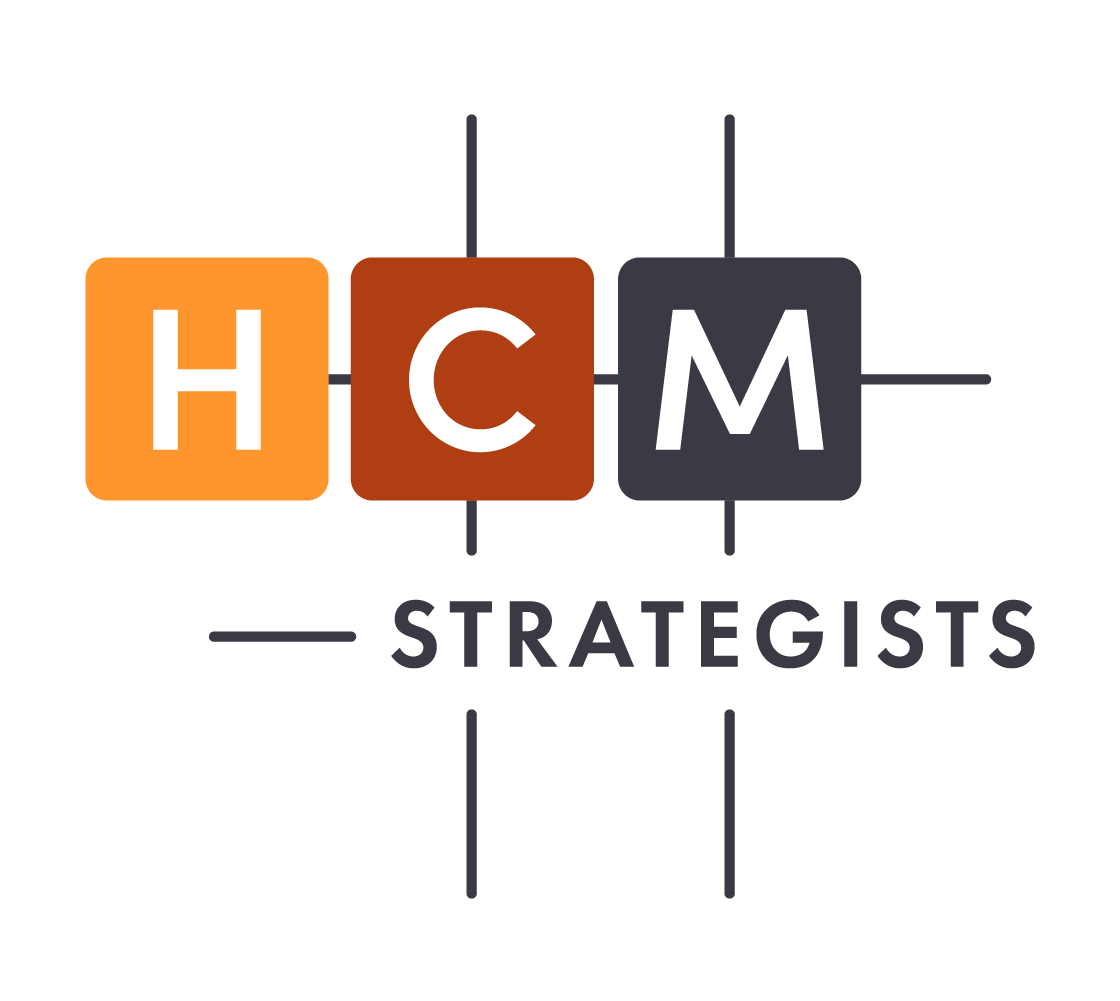HCM State Policy Director Stephanie Murphy Published in Inside Higher Ed
Our state policy director Stephanie Murphy published an op-ed to Inside Higher Ed about ensuring equitable outcomes for short-term credentials. Titled In Our Short-Term Credential Era: Three ways states can ensure strong investments, policy design and equitable outcomes, Stephanie lays out the steps states can take to ensure equitable outcomes for short-term credential pathways including establishing value frameworks to define the value of non-degree credentials, work to improve their data collection and analysis of short-term programs, and embrace intentional equity-centered policy design.
Per the article:
As states develop and refine their own programs, it is imperative that these initiatives are intentionally structured to promote inclusivity and equity by designing them to ensure equitable access to individuals from diverse backgrounds. To do this, states can (1) target financial aid for low-income or un- and underemployed students, (2) orient funding to institutions in ways that prioritize both high-value credentials and the success of underserved populations in these programs, and (3) improve data collection, reporting and transparency. Being intentional about equity in the design of these policies can help ensure that funding reaches those who need it most and align policies with broader goals of advancing student success in education and workforce development.
In 2023, we published a 50-state typology analysis that shows, to date, states have launched around 60 short-term credential initiatives, on which they have spent at least $3.81 billion—nearly double the money spent by the federal government on its WIOA Adult and Dislocated Worker programs combined. These state-funded programs—most of which were introduced within the last five years—provide student financial aid, dedicated formula funds and/or resources to enhance institutions’ capacity to offer noncredit and short-term credential programs that lead to good-paying jobs in high-demand industries. This typology, authored by Stephanie, is set to have an update released later in spring 2024.
Read the full article.

